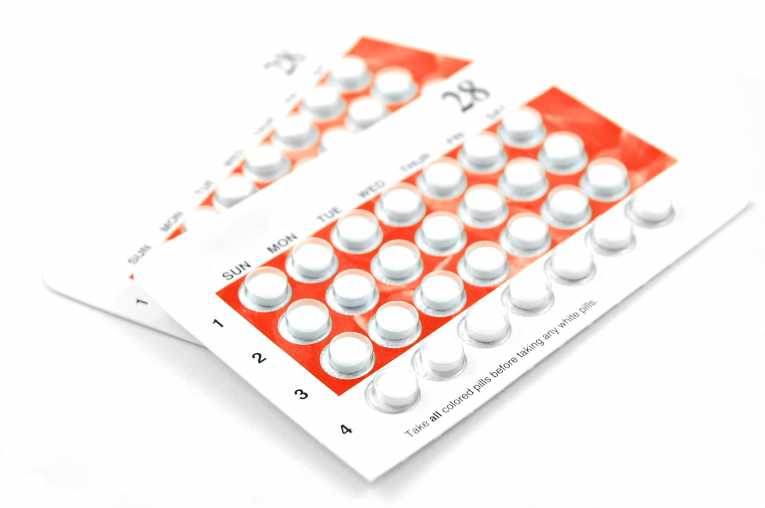The use of hormonal contraceptive pills may negatively affect bone density in teenagers, according to a study published in The Journal of Clinical Endocrinology and Metabolism by Group Health Research Institute (GHRI).
Hormones play an important role in bone development, thus use of hormonal contraceptives, particularly during a woman's teens and early 20s, could have an effect on bone density and could increase future fracture risk.
Delia Scholes, PhD, GHRI Senior Investigator and study leader, explained in a press release from GHRI, "The teen years are when women most actively gain bone, so we thought it was important to look at that age group."
The study included 606 women Group Health Cooperative members, classified as either teen or young adult, and as either user or non-user of oral contraceptives. Hip, spine, and whole-body bone densities were measured every six months for 2 to 3 years. About half of the contraceptive users stopped taking the pill during the study period, enabling the researchers to measure changes in bone density after discontinuation of pill use.
Scholes reported about 14-18 year-olds: "We found that oral contraceptive use had a small negative impact on bone gain at these ages, but took time to appear, and depended on hormone dose."
Specifically, teens who took 30-35 microgram pills showed about 1 percent less bone density increase at spine and whole body sites compared to teens who did not use pills. Differences in bone density between users and nonusers occurred only after two or more years of taking the pill, and were less than 2 percent and only at some measured sites.
Teens who stopped taking 30-35 microgram pills showed smaller bone density gains at the spine than teens who did not use oral contraceptives 12-24 months after stopping.
In young adult women, there was no difference in both density among users and non-users of oral contraceptives. And if they stopped taking the pill, at 12-24 months after stopping, young adult women who used the pill dose showed small bone density losses at the spine compared to small gains in women who did not take oral contraceptives.
Scholes notes that "Bone health, especially for long-term users of the pill, may be one of many factors women consider in choosing a contraceptive method that's right for them." She said that more research, such as studying bone changes for many years after the women stop taking the pill, would be useful to know more about the relationship between pill use and fracture risk.
Dr. Scholes' co-authors are Rebecca Hubbard, Laura Ichikawa and Leslie Spangler of GHRI; Andrea LaCroix and Jeannette Beasley of the Women's Health Initiative at the Fred Hutchinson Cancer Research Center in Seattle, Washington; and Susan Reed of the and Susan Ott of the University of Washington.
The research was funded by the Eunice Kennedy Shriver National Institute for Child Health and Human Development and the National Institutes of Health.
Top Image Credit: © Karin Hildebrand










